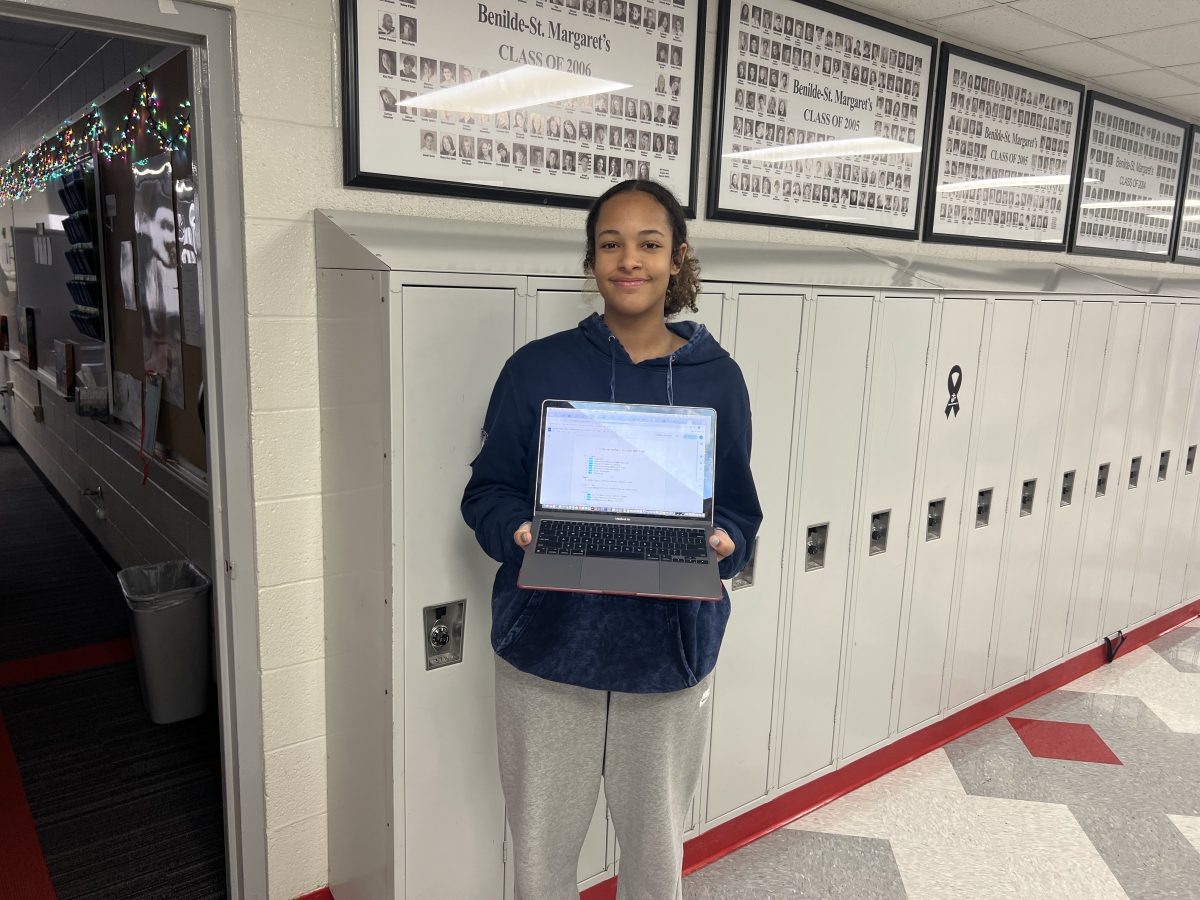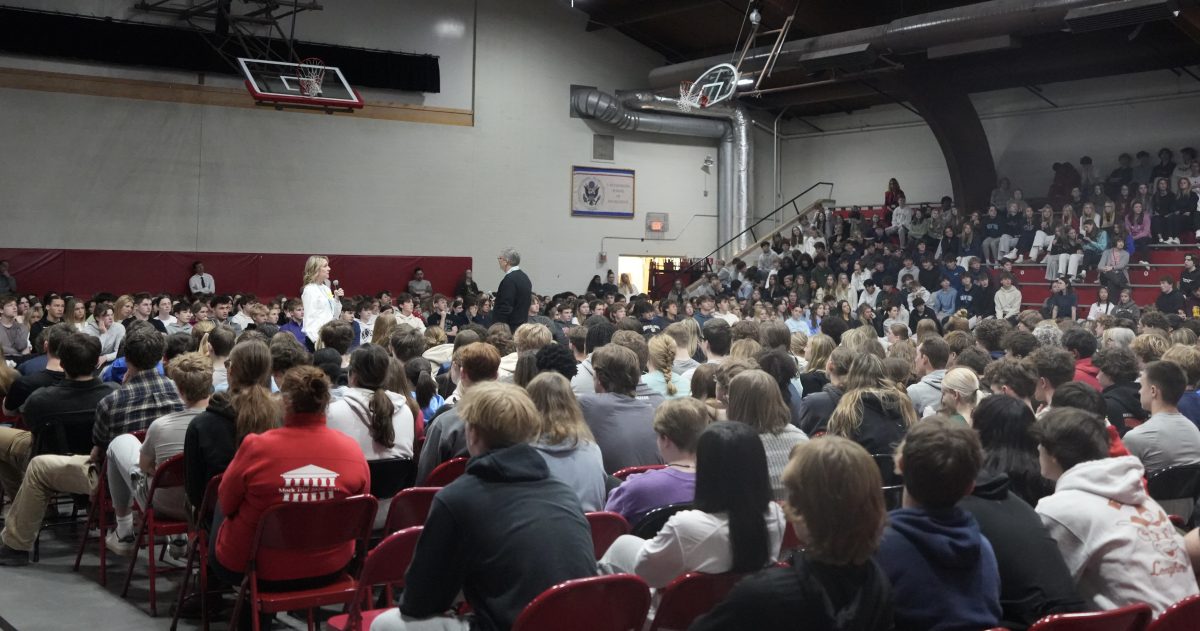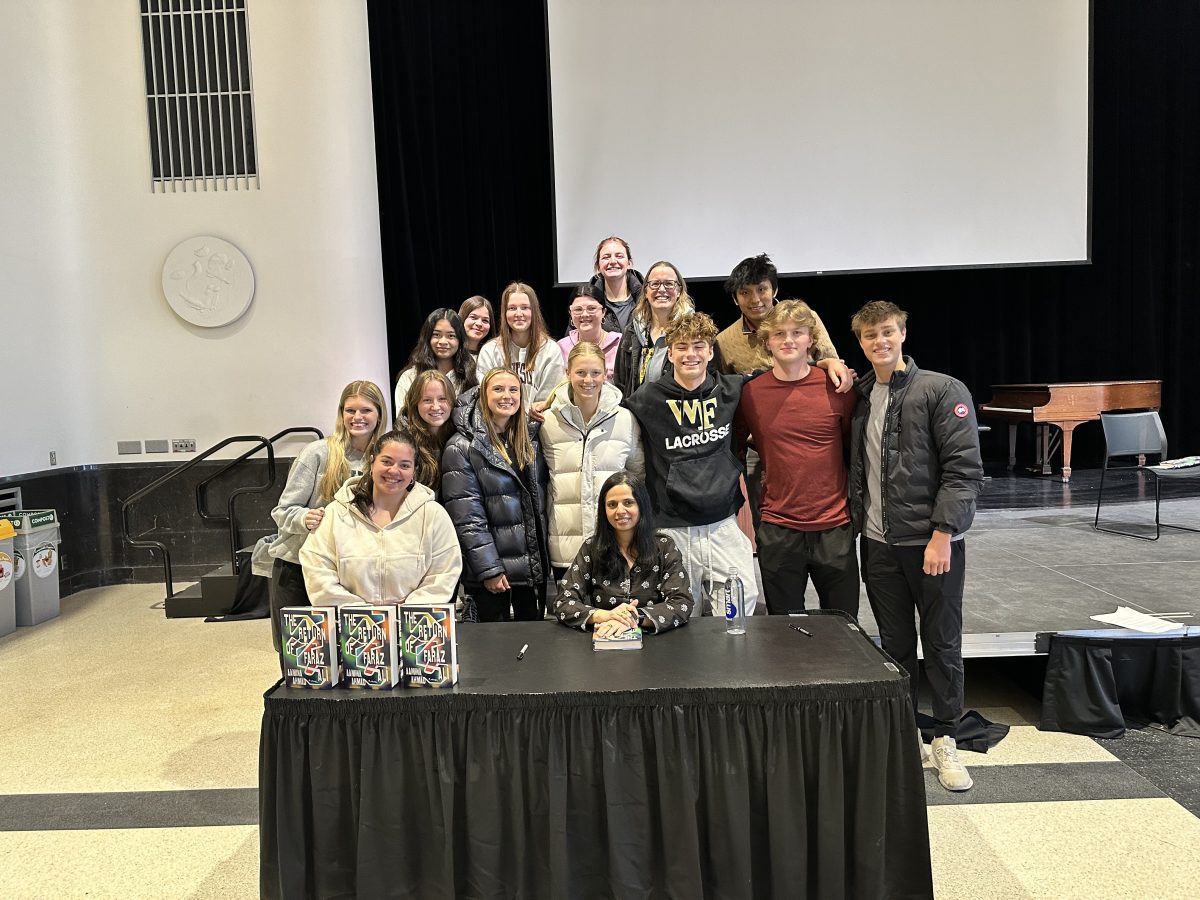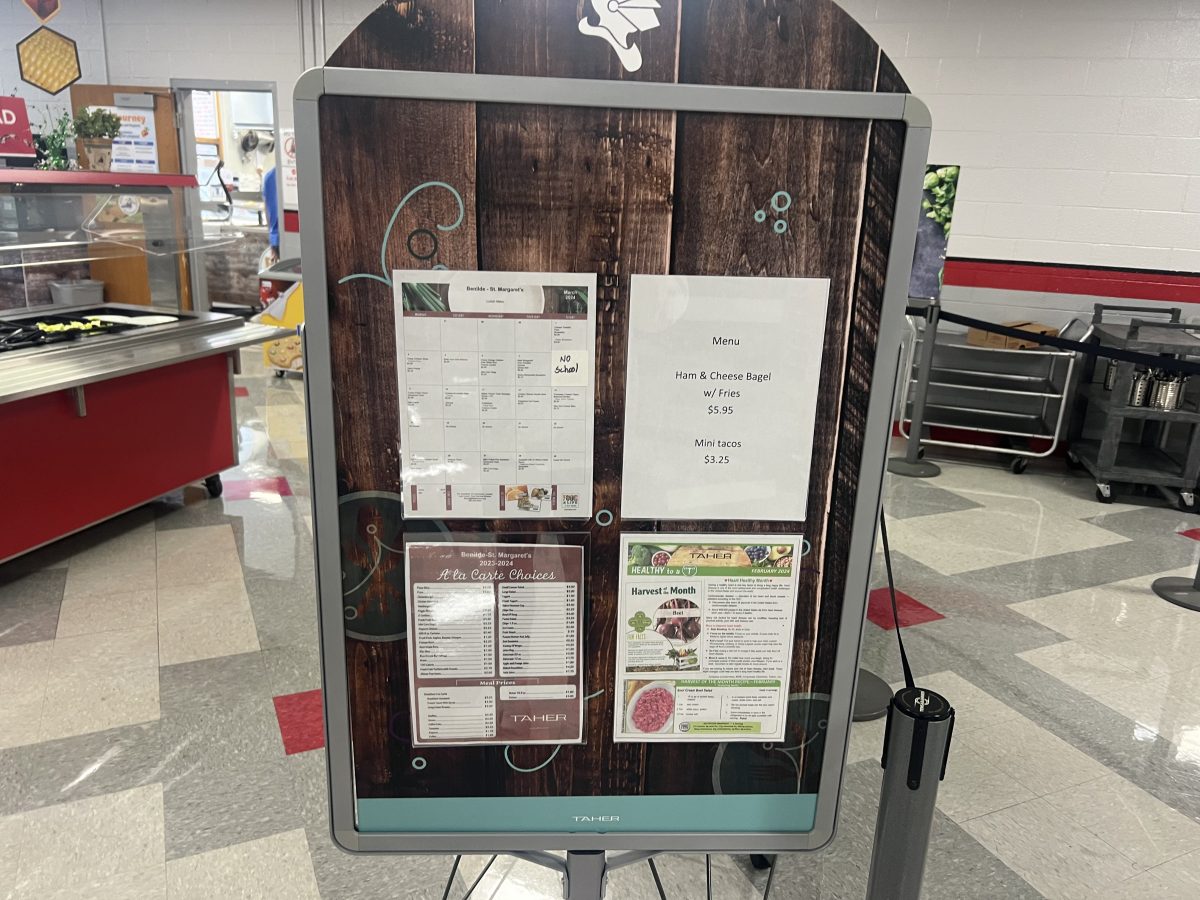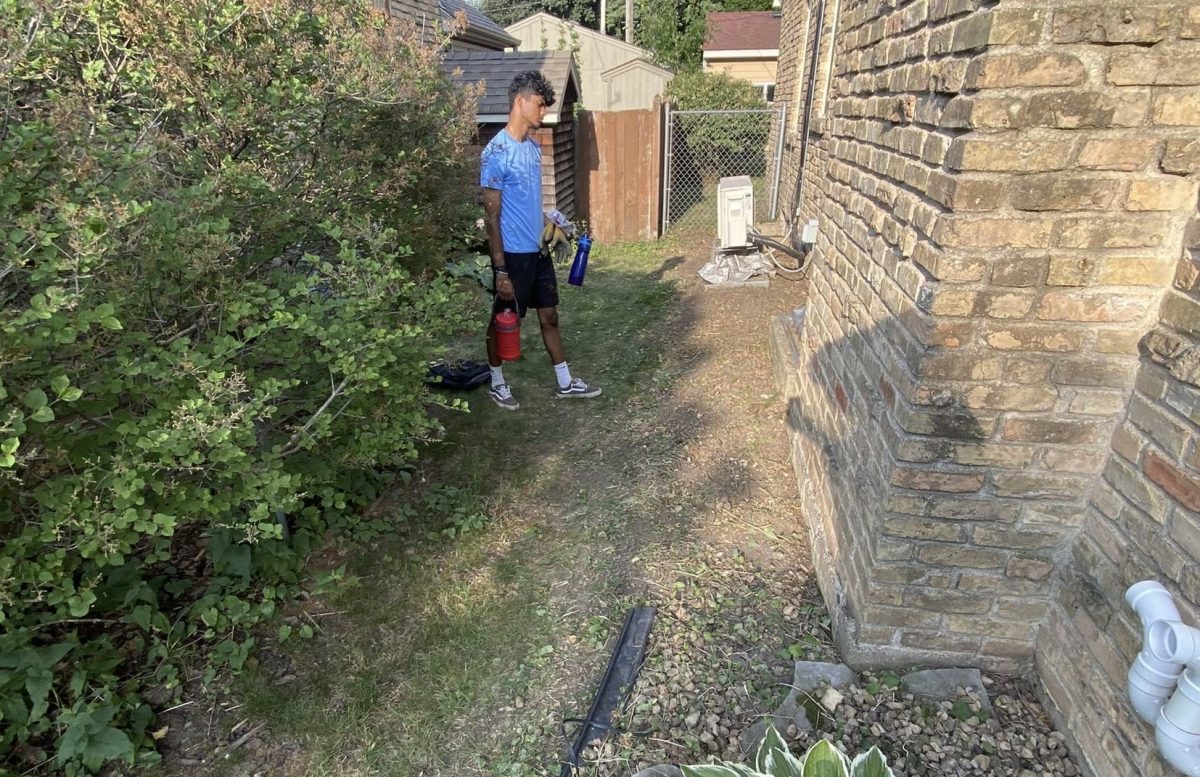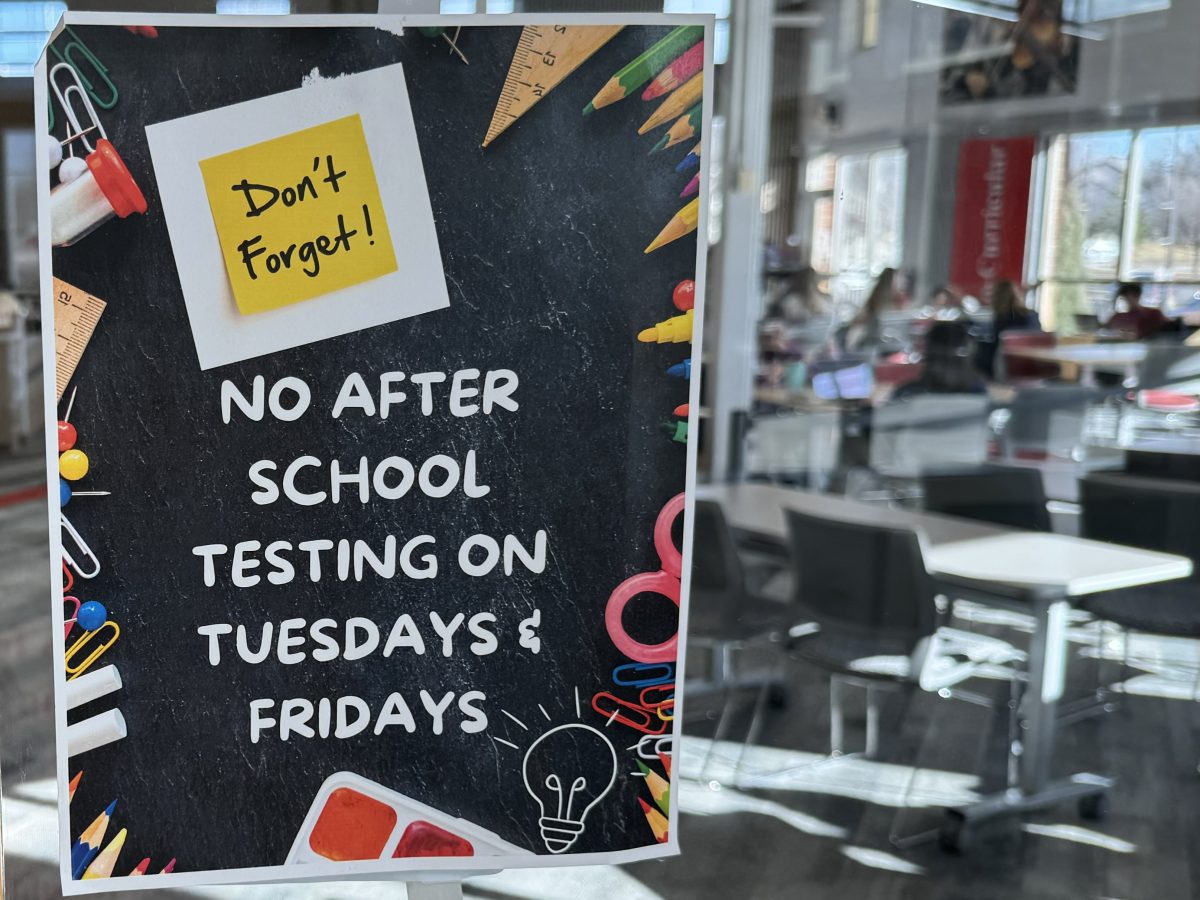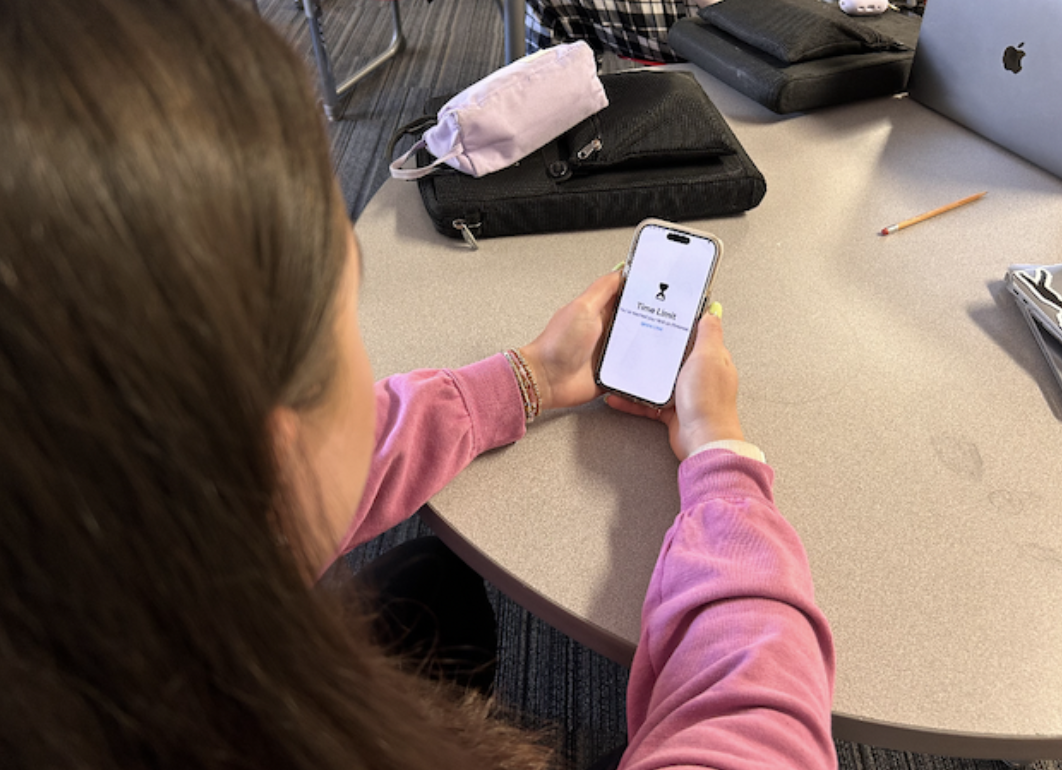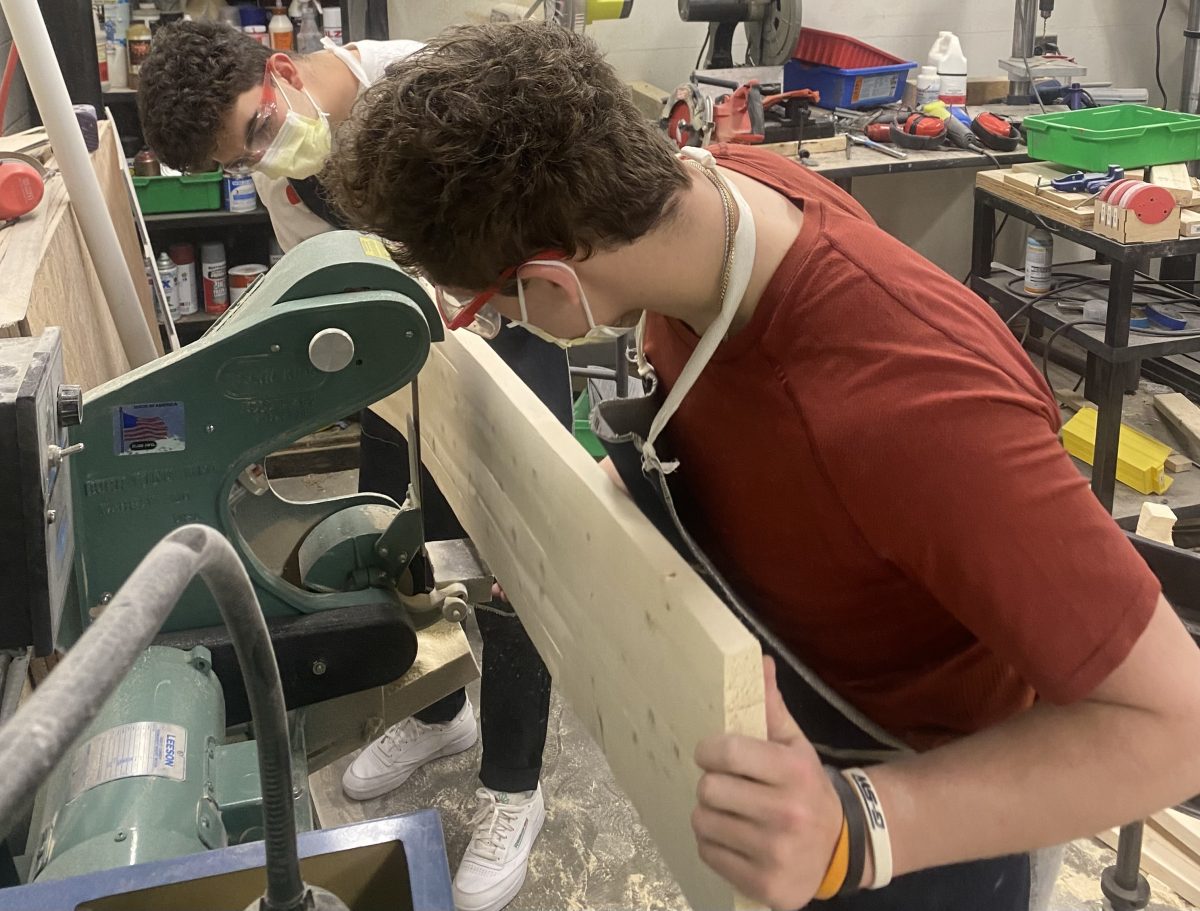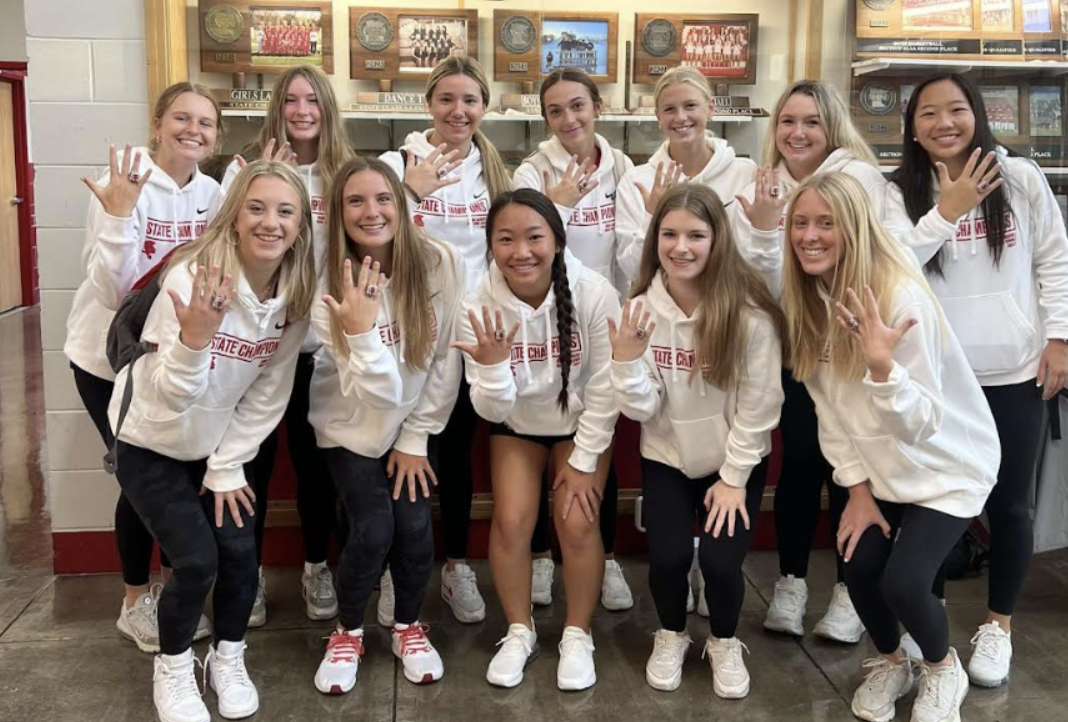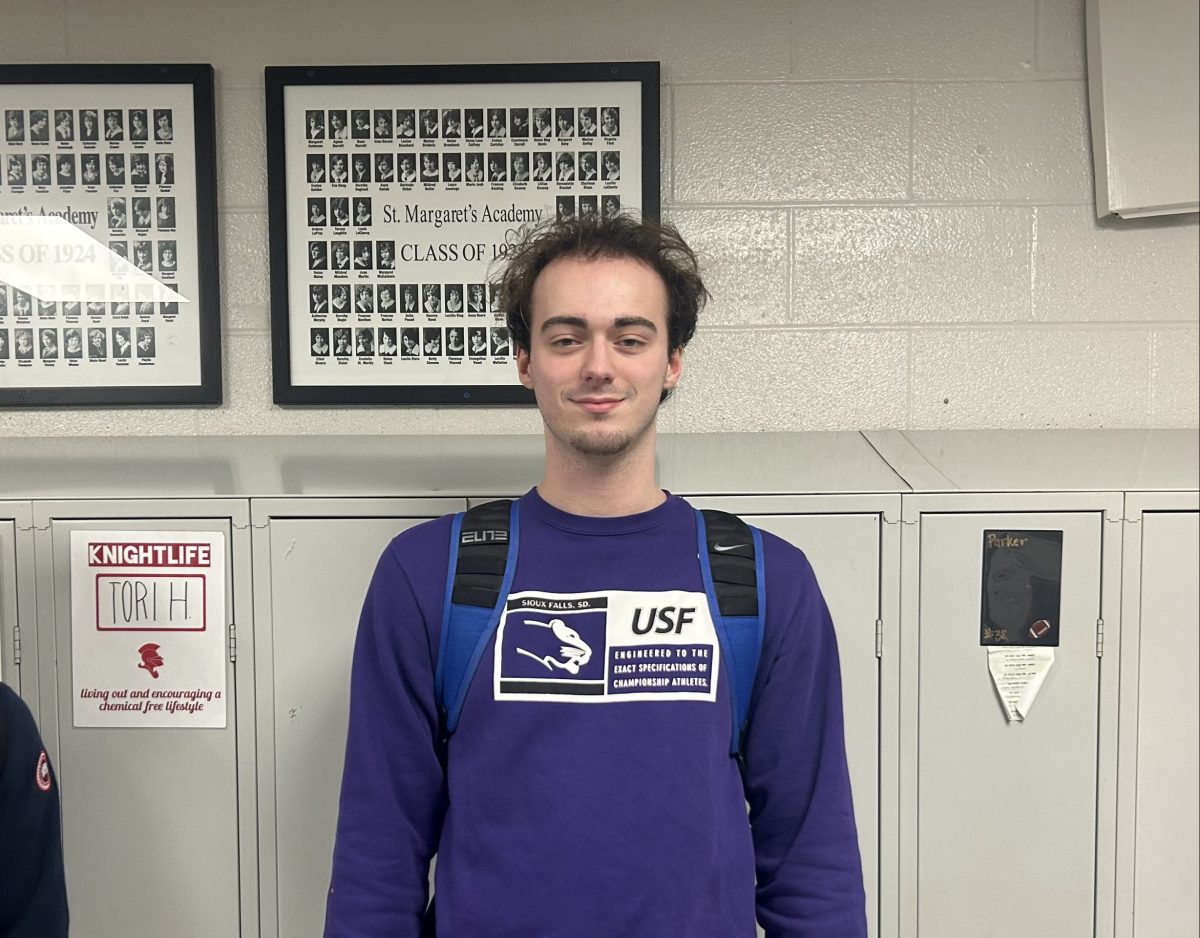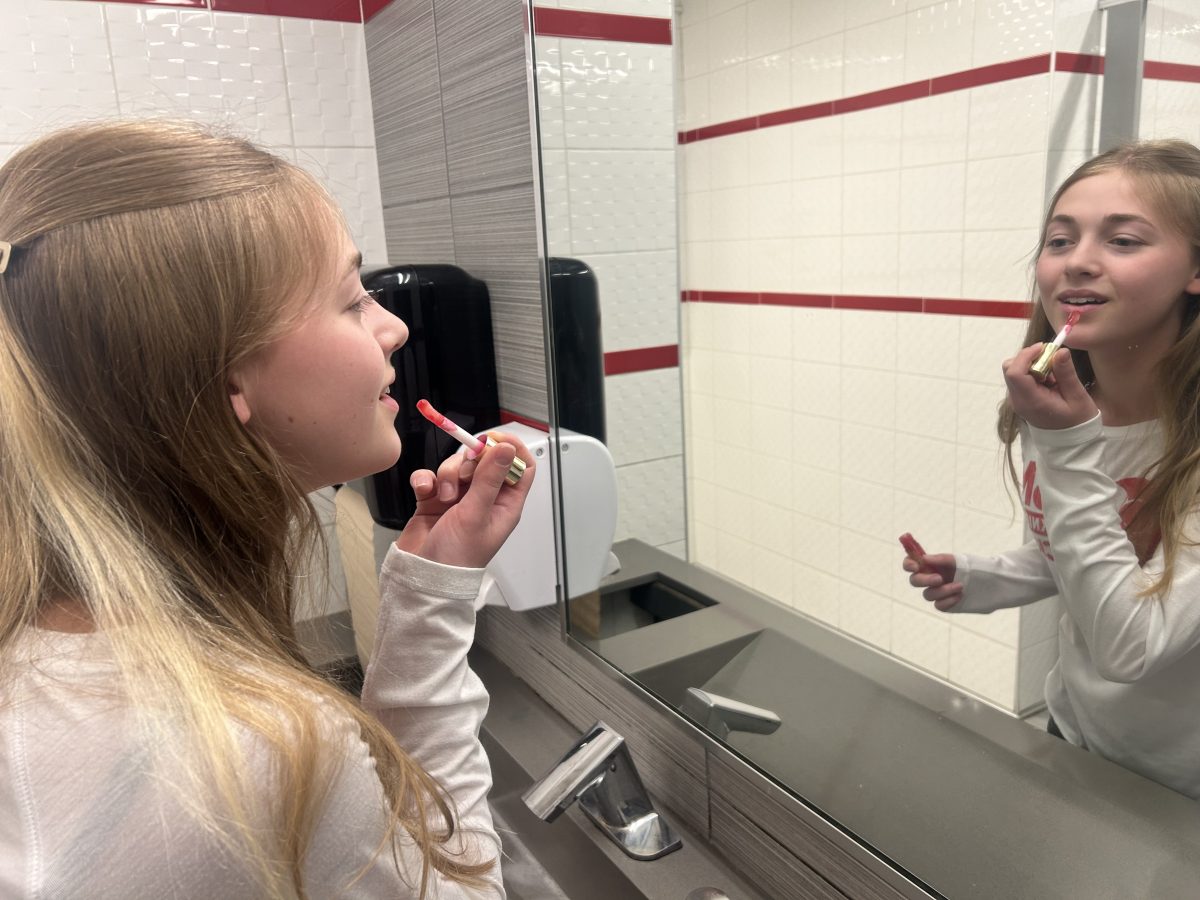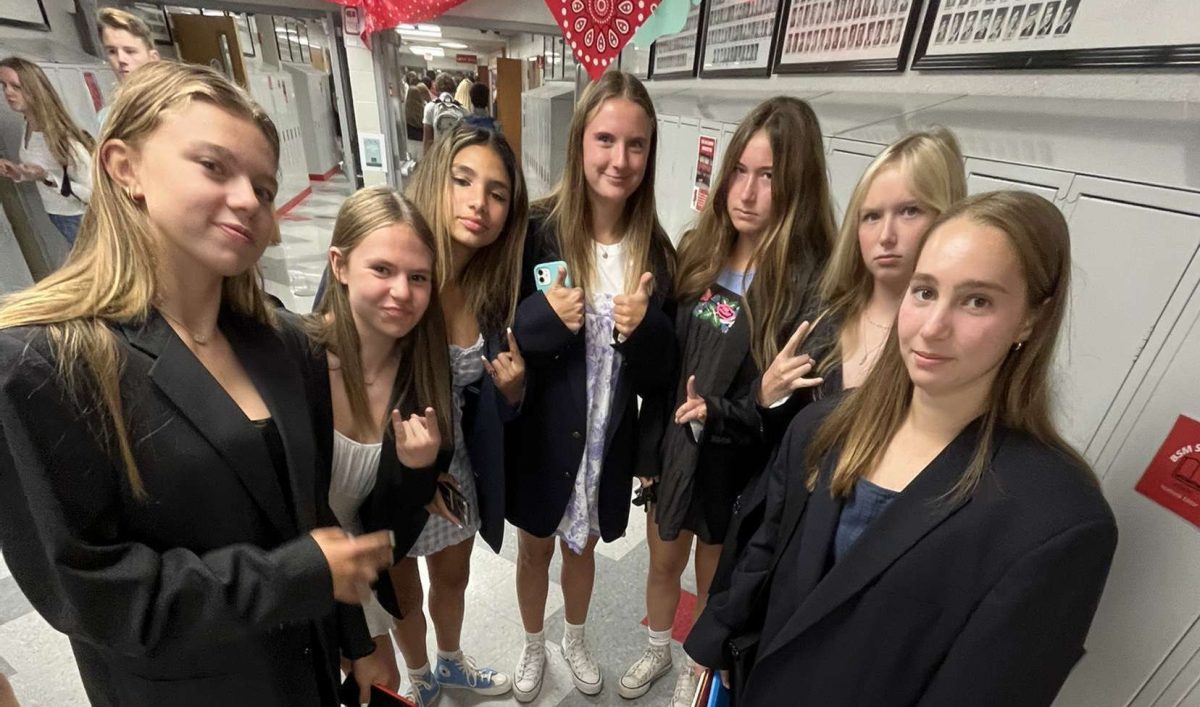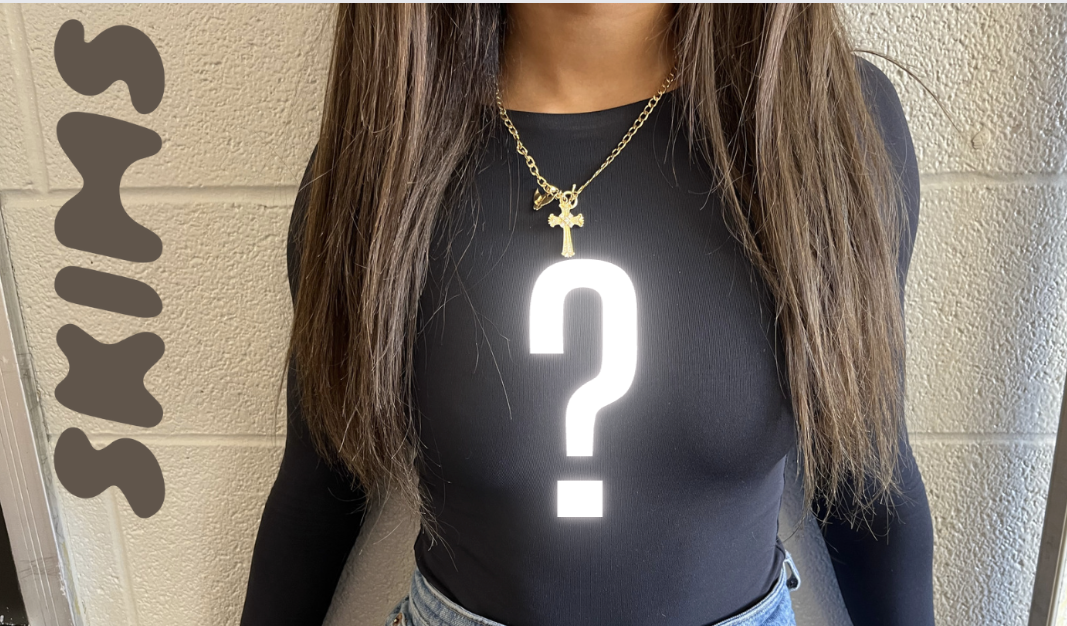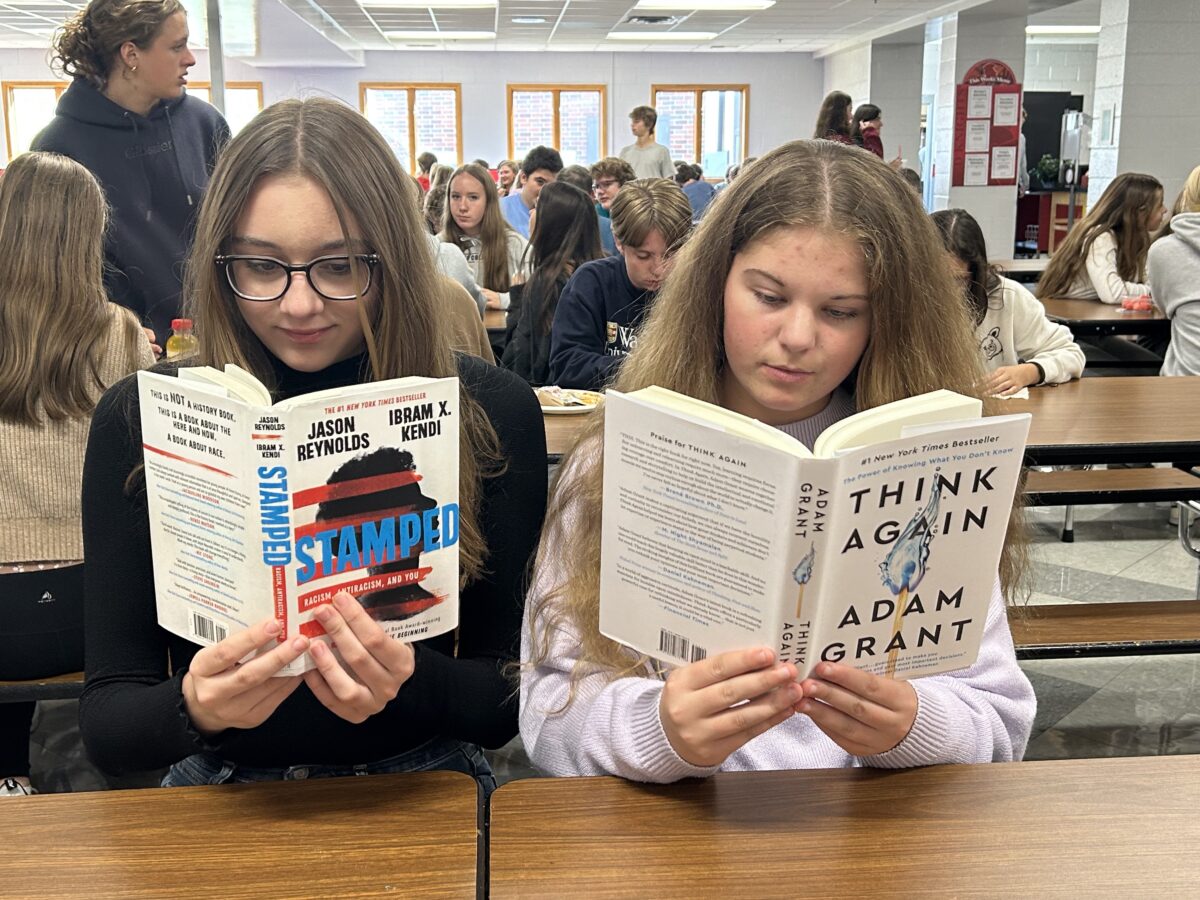Last year, English teacher Barbara Watson proposed a new idea for a tenth-grade English class: What if students could read from different perspectives and focus more on modern writing? Thus, Honors English 10 Contemporary was born.
While teaching the tenth-grade classic class in the past, Watson wondered what it would be like to have a contemporary version of the class. She then brought her idea to the administration. At first, she was unsure whether or not they’d be on board, but she was given permission to start the class. The hardest part was choosing the books her class would read because there are so many different perspectives to read from and so many good books out there. “I tried to represent as many people, groups, and perspectives as I could think of, and then also what fits in a school year,” Watson said.
I tried to represent as many people, groups, and perspectives as I could think of, and then also what fits in a school year
— Barbara Watson
Watson wanted her students to be able to engage with the literature and read books they could relate to. “I wanted to look at authors of color and bring part of that into class so students can also focus on problems that they see in the world they live in now and be a part of solutions to those problems,” Watson said.
Evidently, students were excited and there were enough signed up this year for there to be three sections of the class. One of these students was sophomore Kaylin Konkoly-Thege who was looking for more diverse authors and a different approach to English than a traditional class. “I wanted to learn more about what’s going on right now in my life, and how I can change it. Also, I’m not the biggest fan of reading classic books. So I felt that it would be more fun for me and I’d be able to apply what I learned to my everyday life,” Konkoly-Thege said.
Honors English Contemporary is a discussion-based class that provokes thoughtful ideas for students to meditate on. Watson hopes students will like her class and will be able to get something out of it. “I hope that they are able to process the world that we all live in, in a way that can certainly make race relations better and that we can just understand people better and have a whole lot more empathy than we sometimes have,” Watson said.

